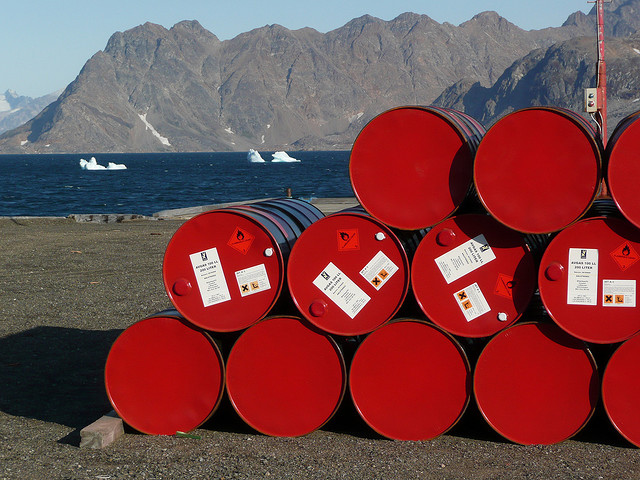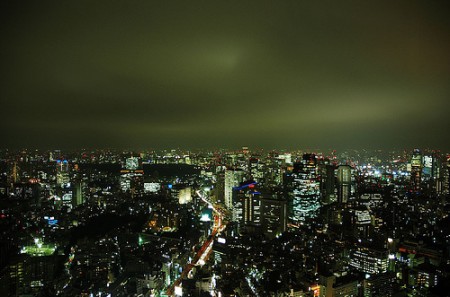
The oil fever has struck the Arctic sooner than expected. Several of the world’s biggest oil companies are vying for access to Greenland after a gas discovery last month raised expectations for offshore exploration around the inhospitable nation.
Greenland, the planet’s largest island with a population of just over 56,000, had been searching for the black gold for decades. In the past, however, Greenlanders have been destined to make a living from fishing and $600 million in annual subsidies from the Danish motherland (making up 55 precent of the island’s budget – or 0.75 percent of Denmark’s.) So, quite understandably, a majority of Greenlanders are now looking favorably upon the latest developments and are supporting oil exploration as a way to create jobs and wealth in a country troubled by high unemployment and social problems such as alcoholism and the world’s highest suicide rate.
Besides, the islanders are hopeful the oil might yield sufficient revenue to finally throw off the yoke of external rule and maybe even turn their icy island into an Arctic Kuwait.
These developments come soon after Greenland’s latest step towards independence. Already in 1979, Denmark granted home rule to Greenland, and in November 2008, voters in Greenland overwhelmingly approved a plan for expanding the island’s autonomy. The plan (which Denmark supported) allowed the small, mostly Inuit population to take control over the local police force, courts and coast guard and to make Greenlandic, an Inuit tongue, the official language.
It also set new rules on how to split future oil revenues between Greenland and Denmark, giving Greenland the first $13 million of annual revenues, while anything beyond that would be split equally between Greenland and Denmark. The new status quo then took effect on 21 June 2009, leaving the Danish royal government in charge only of foreign affairs, security and financial policy, while still providing the $600 million annual subsidy (or approx. $11,300 per Greenlander.)


